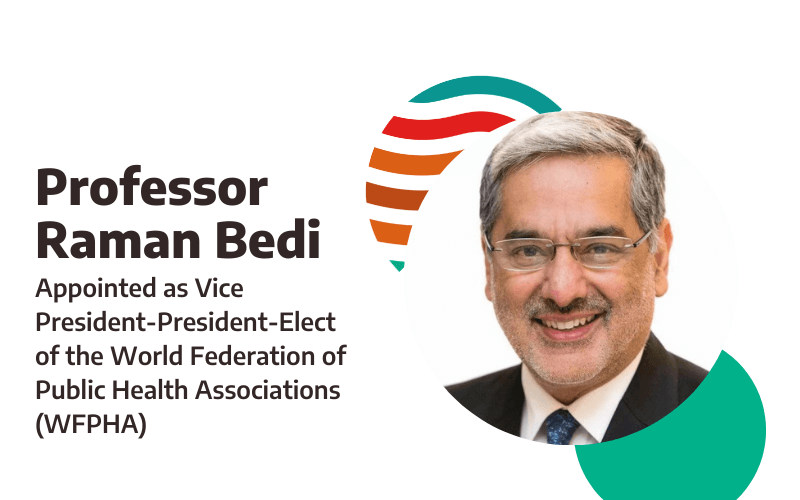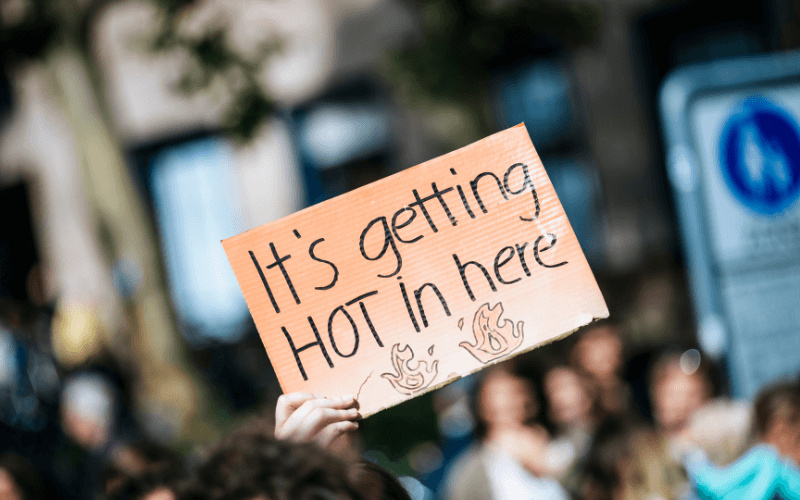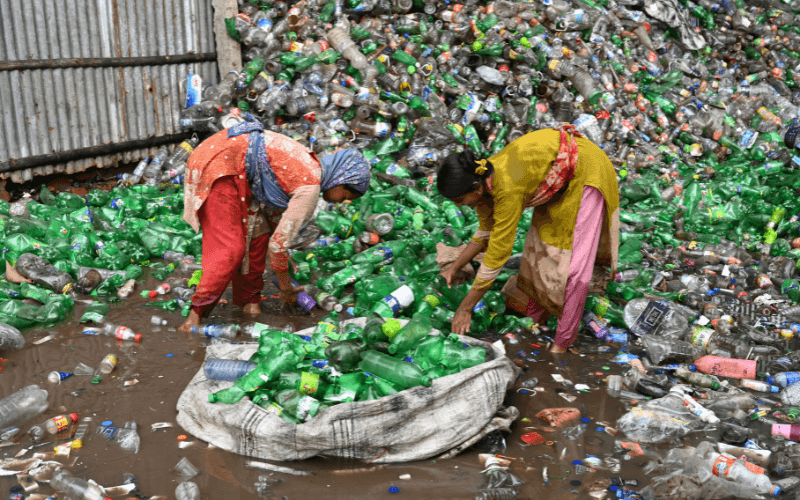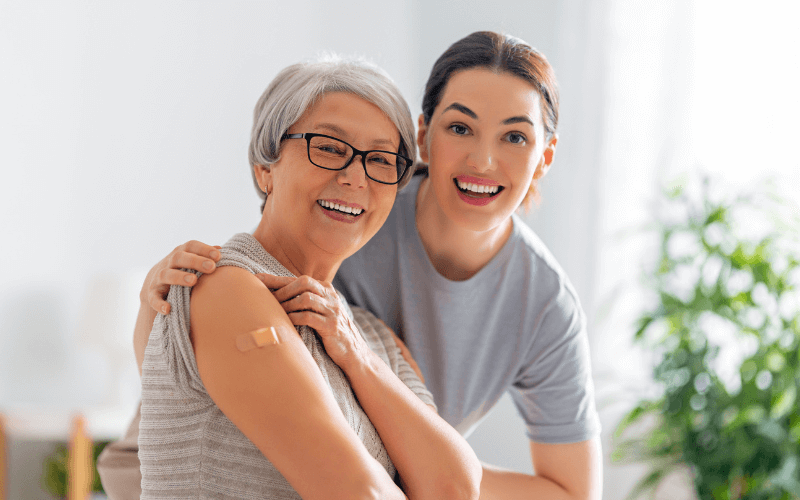
Integration of Health and Social Care Patient Records: Challenges and Opportunities

Integration of Health and Social Care Patient Records: Challenges and Opportunities
News
Aug 23, 2024
Integrating health and social care, patient records are becoming increasingly essential for improving patient outcomes and enhancing the efficiency of healthcare delivery. As the World Health Organization (WHO) defines oral health as “the state of the mouth, teeth, and orofacial structures that enable individuals to perform essential functions,” it becomes clear that oral health is intrinsically linked to overall health and well-being. This understanding underscores integrating patient records across different healthcare domains to provide comprehensive care. Dr. Aarthi Shanmugavel and Professor Dr. Kenneth Eaton, from the World Federation of Public Health Associations, WFPHA Oral Health Working Group, discuss this further.
The Current State of Patient Data Integration
In healthcare, patient-related data are collected, stored, managed, and analyzed to ensure the best care possible. However, integrating these data across different healthcare providers—such as dentists and general medical practitioners—remains a significant challenge. According to the Healthcare Information and Management Systems Society (HIMSS), interoperability is the system’s ability to access, exchange, integrate, and cooperatively use data across various boundaries. This level of interoperability is crucial for providing timely and seamless care, yet many healthcare systems worldwide still struggle to achieve it.
Challenges in Integrating Health and Social Care Records
A recent global survey by the WFPHA and the FDI World Dental Federation (FDI) identified several barriers to integrating electronic medical and dental records by over 100 participants from 50 countries. The survey participants included 75% dentists and 25% other health professionals, including physicians, nurses, and allied health professionals, with over 70 participants with more than 20 years of experience.
Key challenges include:
– Political and Economic Factors: Resistance to change, concerns over the cost of integration, and the influence of political factors can slow down the process of integrating health records.
– Technical Integration: The complexity of data, terminologies, and systems presents a significant hurdle. Achieving seamless integration requires standardized data formats and robust technical infrastructure.
– Data Protection Concerns: Ensuring patient privacy and the security of sensitive health information is a critical issue that needs to be addressed when integrating records.
– Decentralized Healthcare Systems: In countries with decentralized healthcare systems, the lack of a unified approach complicates the integration process.
– Patient Consent and Access: Patient consent and the ability to access their own records are also challenging, with some countries offering more access than others.
Opportunities for Enhanced Patient Care
Despite these challenges, there is a strong consensus on integrating medical and dental health records. The potential benefits of integration include:
– Improved Patient Outcomes: Integrated records provide healthcare providers with a comprehensive view of a patient’s health, leading to better diagnosis, treatment, and follow-up care.
– Increased Efficiency: By eliminating the need for repeated tests and procedures, integrated records can reduce costs and make the healthcare system more efficient.
– Better Patient Experience: Patients can expect more coordinated care with integrated records, reducing provider delays and miscommunication.
– Global Success Stories: Estonia, for example, has implemented a centralized healthcare system with integrated patient records at the national level, contributing to better overall health outcomes and increased life expectancy.
The Path Forward
Integrating health and social care patient records is essential for achieving patient-centered healthcare. The ultimate goal should be to develop a system that integrates electronic health and dental records and connects with personal devices, educational institutions, clinical research sectors, and global public health surveillance systems.
As healthcare systems worldwide continue to adopt more advanced health information systems, it is crucial to address the integration challenges. By fostering political will, advancing technology, and prioritizing patient-centered care, we can overcome these obstacles and create a more efficient, effective, and equitable healthcare system.
To read the full survey results, click here.
Further references
Rajkumar NMR, Muzoora MR, Thun S. Dentistry and Interoperability. J Dent Res. 2022 Oct;101(11):1258-1262. doi: 10.1177/00220345221100175. Epub 2022 Jun 10. PMID: 35689387; PMCID: PMC9516603.
Powell, V., Din, F., Acharya, A. (2012). Integration of medical and dental care and patient data, 1st Edition. London: Springer.






Recent Comments